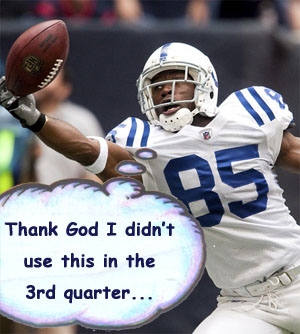So anyway, I hear that there are two videos where Ron Edwards mildly talks about 4e D&D with a fan.
I apologize for adding controversy to a discussion that
could have been about other things. I honestly had never heard of this controversy prior to this thread, which is why I engaged. Once I have a chance to watch the video, I will respond in kind; I will, if at all possible, avoid any further comments on that specific thing Ron Edwards did, since the meat of the discussion centers on these videos. I'll also try to keep comments on the Alexandrian, which are
especially less-relevant, confined to this post.
I didn’t know he’d said anything about 4e. I found him via his Dragon Heist remix and have found many of his other 5e articles enlightening. Bummer he apparently had some bad 4e takes though.
As linked above, he is the origin of the "dissociated mechanics" canard so frequently used against 4e. I have
numerous problems with this particular theory about game mechanics and how they work, not least that numerous mechanics he finds perfectly acceptable are quite dissociated
but he's used to them, while several mechanics he has problems with are
quite associated. But, again, topic for a different thread.
I'll post further once I've actually listened to Edwards' thoughts, since it sounds like has at least
some productive things to say (though, as noted, I am...not enthused by an apparent conflation between RPGs and religions of any kind, folk or otherwise.)
Edit:
FWIW, I have found Justin Alexander's thoughts on scenario design to be really helpful, but I understand that he doesn't like 4e at all, and people here who like 4e in turn do not like him. But, for 4e fans, I would be curious for your thoughts. For example, I find his article on dissociated mechanics to be very clarifying and a useful way of thinking about how mechanics relates to the fiction (and incidentally one that (seems to) fit within the "gameist" critique of 4e)
Four years ago, in an effort to understand why I found so many of the design decisions in the 4th Edition of Dungeons & Dragons antithetical to what I wanted from a roleplaying game, I wrote an es

thealexandrian.net
Since, as I said, I would like to confine my comments on the Alexandrian to this post, would you be interested in starting a new thread on the subject? Be forewarned, this is a pretty controversial topic. Many 4e fans
strongly dislike this take while many non-fans (which is not the same as anti-fans, I should note) rather like it. Discussions of it have a high risk of getting heated (and thus being terminated), but at least I personally would welcome the chance to try for a civil discussion about it and why it bothers me so.

 thealexandrian.net
thealexandrian.net



